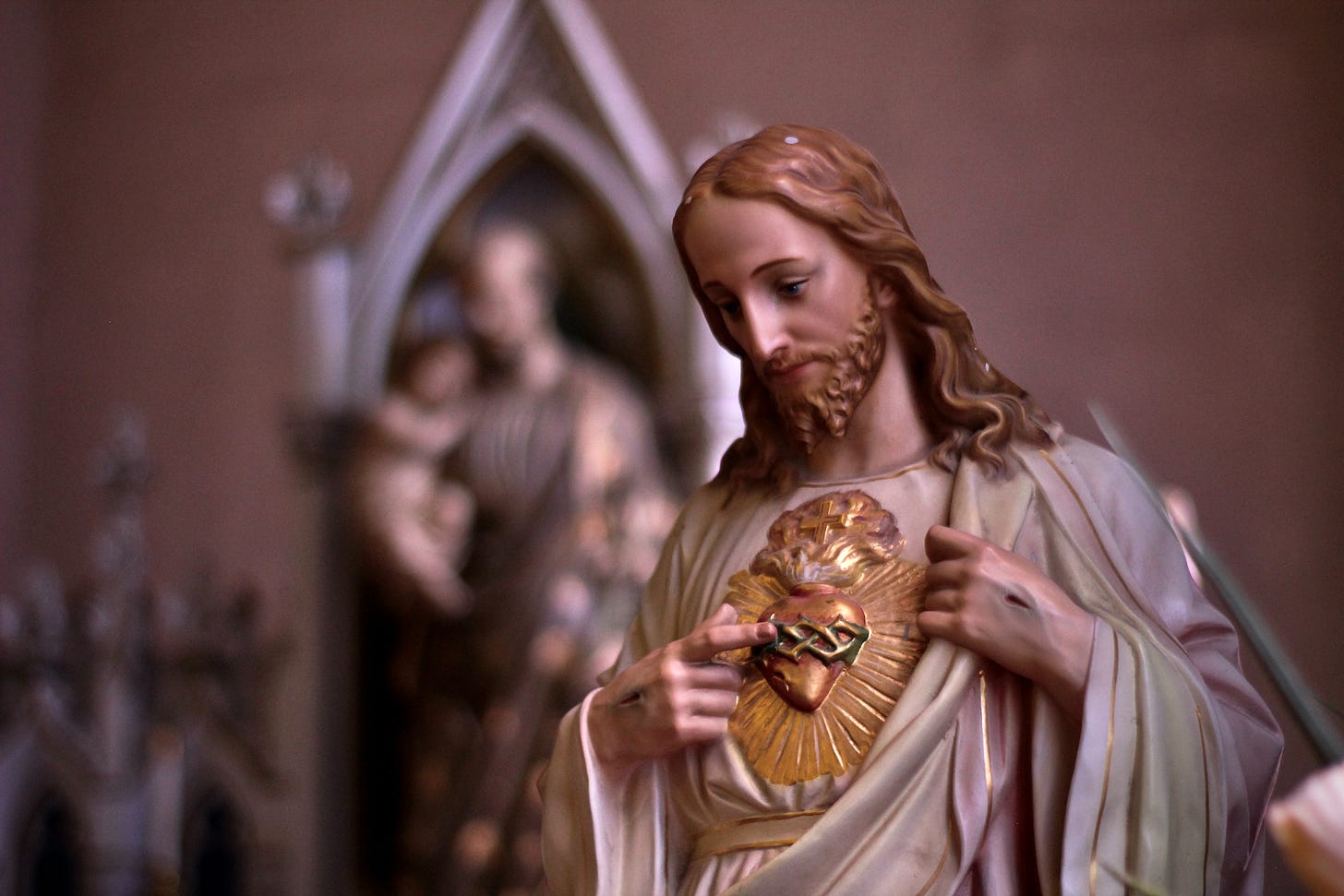Everywhere, it seems, we are surrounded by death: death from disease, death from despair, death by war, abortion, and other violence.
Most of us probably don’t like to think that much about death. We spend most of our time enjoying the good times, or dealing with the tough times, but thinking very little about the stark reality of death. Death is a topic to be avoided. Death is a buzz kill. Nobody likes to hear about death.
The little church St. Paul founded in Corinth didn’t want to think about death either because death is so final, so irrevocable. Dead is dead, they said, and nobody comes back from the dead.
But last Sunday, in the reading from 1st Corinthians, chapter 15, St. Paul encouraged us with the words, “Death is swallowed up in victory. Where, O Death, is your victory? Where, O death, is your sting?” Paul goes to great pains in his letter to show that what makes the good news about Jesus truly good is that it transcends the grave.
“If there is no resurrection of the dead,
then neither has Christ been raised.
And if Christ has not been raised, then empty too is our preaching;
empty, too, your faith...
For if the dead are not raised, neither has Christ been raised,
and if Christ has not been raised, your faith is vain;
you are still in your sins.”
What good does it do to believe in Jesus if He’s just some dead guy? Without the resurrection, the death of Jesus is just a sad end to a good man’s life. But death is not the end of the story, not for Jesus and not for us. This is good news the world needs to hear, now more than ever.
Yet even as he gives thanks “to God who gives us the victory through our Lord Jesus Christ,” Paul also reminds us that the “sting of death is sin.” Elsewhere, St. Paul tells us that “the wages of sin is death” (Rom 6:23), but he also says that “we who live are constantly being given up to death for the sake of Jesus, so that the life of Jesus may be manifested in our mortal flesh” (2Cor 4:11). Death, then, presents us with a paradox. On the one hand, we know that Jesus has triumphed over death by taking away “the sins of the world,” but at the same time, we know that Christ’s victory over death comes through death itself. Jesus doesn’t bypass suffering and death, and neither can we. “Are you unaware that we who were baptized into Christ Jesus were baptized into His death?” (Rom 6:3) As much as we might like to avoid it, we need to be with Jesus in the agony of His passion. We need to confront the sin in our world and in our hearts that gives death its sting. This is where our world needs us to be if we are ever truly to proclaim good news to it.
Think for a moment...
God, in His essence, could know nothing of the fear of death. God is impassible. He does not change. He cannot suffer. Death is as foreign to His divine nature as darkness is to light.
But this same God, who cannot suffer, takes on our human nature precisely to suffer for and with us. This is what it means to have compassion, to suffer with another.
And there in the garden and there on the Cross the heart of Jesus was pierced by the fearful scourge of death. Where else but in the garden of Gethsemane do we ever see God tremble?
And Jesus isn’t alone there in the garden.
You and I are there with Him. There as He exposes for us His own Sacred Heart, burning with compassion for a world that suffers so much. All that pain, all that fear, all the heartache overflows and drops down on the ground of the garden of Gethsemane like drops of blood.
Make no mistake, friends, the world is more gripped by the fear of death than it has ever been. All of our frantic grasping after techno-medical and political-economic solutions is driven by an almost hysterical fear of death. And there is no simple response, no vaccine, no soothing words that will easily calm this deep-seated fear. There is only the Sacred Heart of Jesus, pierced and wounded for love us sinners. It is to Him we must turn or to no one when the existential fear of death surrounds and closes in on us.
Behold the Lamb of God.
Behold Him who trembles with fear for love of us.
Blessed are those called to the garden
to watch and to pray and to suffer with Him.




